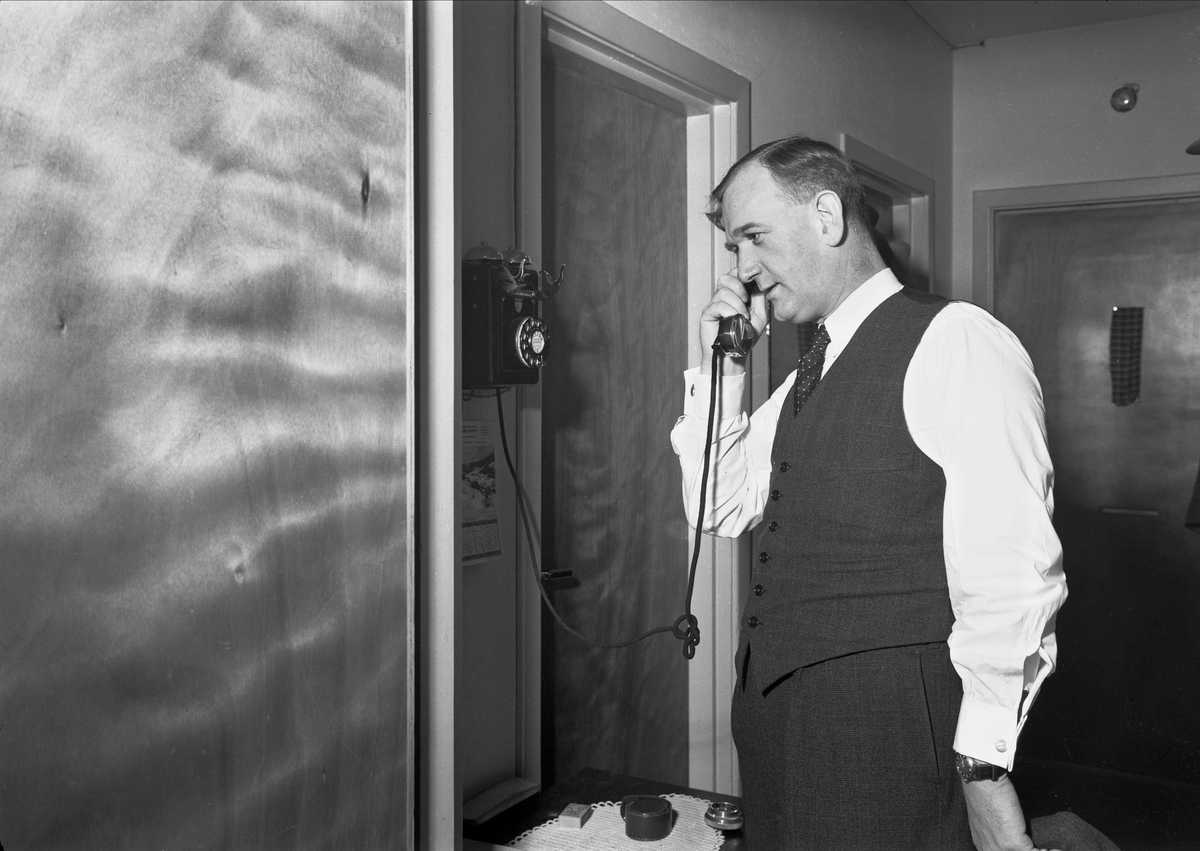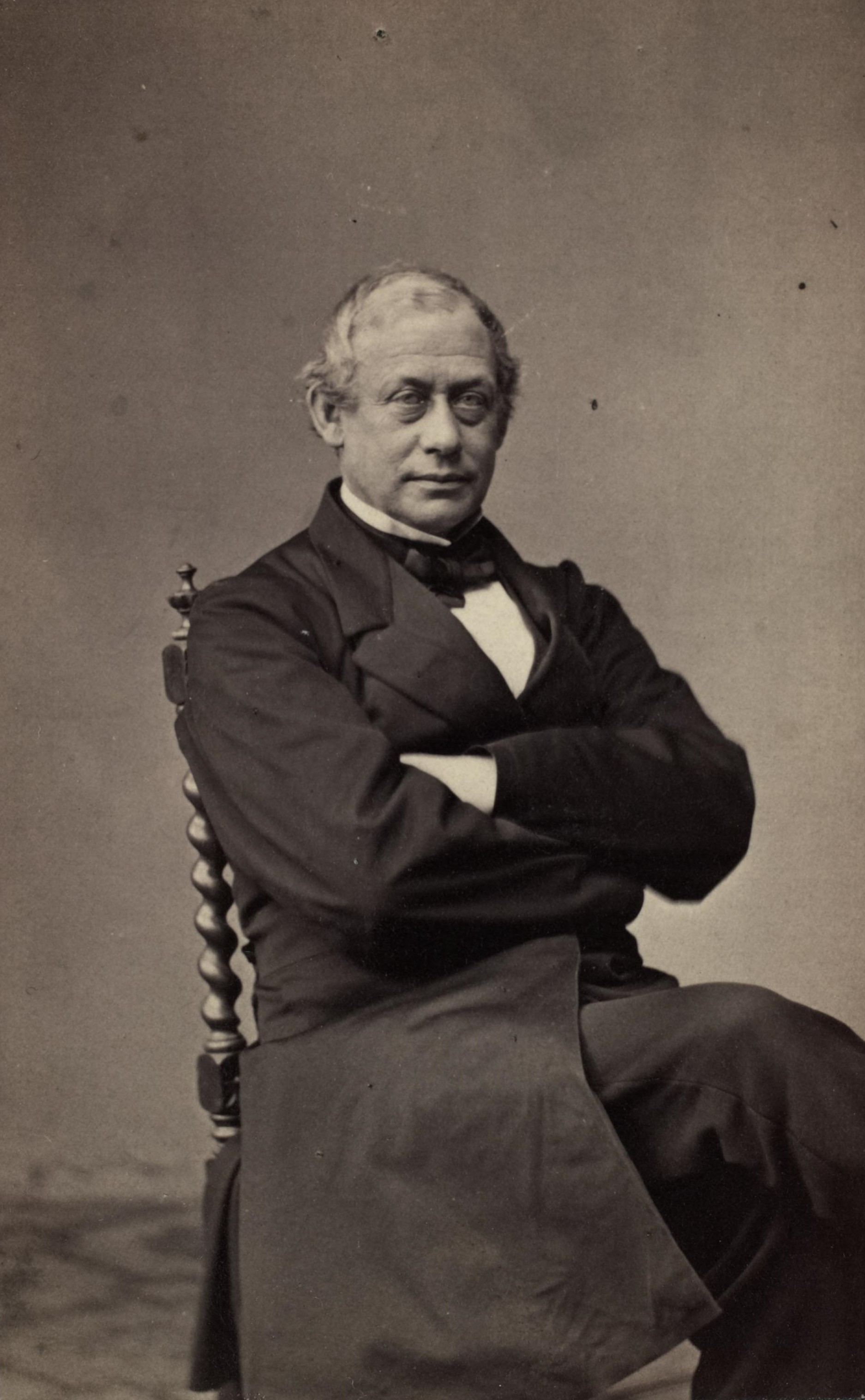|
Nils Langhelle
Nils Langhelle (28 September 1907 – 28 August 1967) was a Norwegian politician for the Labour Party and Minister of Labour 1945–1946, Norway's first Minister of Transport and Communications 1946-1951 and 1951–1952, Minister of Defense 1952–1954, Minister of Trade and Shipping 1954-1955 and President of the Storting from 7 May 1958 to 30 September 1965. He was arrested on 29 January 1943 and imprisoned in Grini concentration camp from May to December 1943, then in Sachsenhausen concentration camp Sachsenhausen () or Sachsenhausen-Oranienburg was a German Nazi concentration camp in Oranienburg, Germany, used from 1936 until April 1945, shortly before the defeat of Nazi Germany in May later that year. It mainly held political prisoner ... until the end of World War II. References 1907 births 1967 deaths Government ministers of Norway Ministers of Trade and Shipping of Norway Members of the Storting Labour Party (Norway) politicians Grini con ... [...More Info...] [...Related Items...] OR: [Wikipedia] [Google] [Baidu] |
Minister Of Labour (Norway)
The Norwegian Minister of Labour and Social Inclusion is the head of the Norwegian Ministry of Labour and Social Inclusion. The position has existed since 1 January 1846, when the Ministry of the Interior was created. Several different names have been used since then, with three name changes after 2000. The incumbent minister is Marte Mjøs Persen of the Labour Party. From 1992 to 2001 there was also a Minister of Health position in the ministry. List of ministers Parties Ministry of the Interior (1846–1903) Ministry of Social Affairs, Trade, Industry and Fisheries (1913–1916) Ministry of Social Affairs (1916–2005) Ministry of Labour (1885–1946) The labour tasks were transferred to the Ministry of Local Government in 1948, where it was until 1989 and again from 1992 to 1997. Labour responsibilities were returned to social affairs in 2002, and inclusion was added to the title in 2006. Ministry of Labour and Social Inclusion (2006– ... [...More Info...] [...Related Items...] OR: [Wikipedia] [Google] [Baidu] |
Minister Of Defence (Norway)
The Norwegian Minister of Defence is the head of the Norwegian Ministry of Defence. The position has existed since 1814. The incumbent minister since 12 April 2022 is Bjørn Arild Gram of the Centre Party. Between 1819 and 1885 the Ministry was split into two different ministries, the Ministry of the Navy and the Army Ministry. List of Norwegian Ministers of Defence (1814–1885) Ministers of Defence (1885–present) Key Ministers References Ministry of Defence. Councillor of State 1814-present- Government.no Norwegian Ministry of the Navy and Postal Affairs- Government.no {{Ministers of Norway Defence Defense or defence may refer to: Tactical, martial, and political acts or groups * Defense (military), forces primarily intended for warfare * Civil defense, the organizing of civilians to deal with emergencies or enemy attacks * Defense indust ... 1814 establishments in Norway ... [...More Info...] [...Related Items...] OR: [Wikipedia] [Google] [Baidu] |
Sachsenhausen Concentration Camp
Sachsenhausen () or Sachsenhausen-Oranienburg was a German Nazi concentration camp in Oranienburg, Germany, used from 1936 until April 1945, shortly before the defeat of Nazi Germany in May later that year. It mainly held political prisoners throughout World War II. Prominent prisoners included Joseph Stalin's oldest son, Yakov Dzhugashvili; assassin Herschel Grynszpan; Paul Reynaud, the penultimate Prime Minister of France; Francisco Largo Caballero, Prime Minister of the Second Spanish Republic during the Spanish Civil War; the wife and children of the Crown Prince of Bavaria; Ukrainian nationalist leader Stepan Bandera; and several enemy soldiers and political dissidents. Sachsenhausen was a labor camp, outfitted with several subcamps, a gas chamber, and a medical experimentation area. Prisoners were treated inhumanely, fed inadequately, and killed openly. After World War II, when Oranienburg was in the Soviet Occupation Zone, the structure was used by the NKVD as ... [...More Info...] [...Related Items...] OR: [Wikipedia] [Google] [Baidu] |
Grini Concentration Camp
'', '' no, Grini fangeleir'', location= Bærum, Viken, Norway, location map=Viken#Norway, built by=Norway, original use=Constructed as a women's prison, operated by=Nazi Germany, notable inmates=List of Grini prisoners, liberated by=Harry Söderman, construction=1938–1940, image size=300px Grini prison camp ( no, Grini fangeleir, german: Polizeihäftlingslager Grini) was a Nazi concentration camp in Bærum, Norway, which operated between 1941 and May 1945. Ila Detention and Security Prison is now located here. History Grini was originally built as a women's prison, near an old croft named ''Ilen'' (also written ''Ihlen''), on land bought from the Løvenskiold family by the Norwegian state. The construction of a women's prison started in 1938, but despite being more or less finished in 1940, it did not come into use for its original purpose: Nazi Germany's invasion of Norway on 9 April 1940, during World War II, instead precipitated the use of the site for detention by the ... [...More Info...] [...Related Items...] OR: [Wikipedia] [Google] [Baidu] |
Store Norske Leksikon
The ''Great Norwegian Encyclopedia'' ( no, Store Norske Leksikon, abbreviated ''SNL''), is a Norwegian-language online encyclopedia. The online encyclopedia is among the most-read Norwegian published sites, with more than two million unique visitors per month. Paper editions 1978–2007 The ''SNL'' was created in 1978, when the two publishing houses Aschehoug and Gyldendal merged their encyclopedias and created the company Kunnskapsforlaget. Up until 1978 the two publishing houses of Aschehoug and Gyldendal, Norway's two largest, had published ' and ', respectively. The respective first editions were published in 1907–1913 (Aschehoug) and 1933–1934 (Gyldendal). The slump in sales for paper-based encyclopedias around the turn of the 21st century hit Kunnskapsforlaget hard, but a fourth edition of the paper encyclopedia was secured by a grant of ten million Norwegian kroner from the foundation Fritt Ord in 2003. The fourth edition consisted of 16 volumes, a ... [...More Info...] [...Related Items...] OR: [Wikipedia] [Google] [Baidu] |
Norsk Biografisk Leksikon
is the largest Norwegian biographical encyclopedia. The first edition (NBL1) was issued between 1921 and 1983, including 19 volumes and 5,100 articles. It was published by Aschehoug with economic support from the state. bought the rights to NBL1 from Aschehoug in 1995, and after a pre-project in 1996–97 the work for a new edition began in 1998. The project had economic support from the Fritt Ord Foundation and the Ministry of Culture, and the second edition (NBL2) was launched in the years 1999–2005, including 10 volumes and around 5,700 articles. In 2006 the work for an electronic edition of NBL2 began, with support from the same institutions. In 2009 an Internet The Internet (or internet) is the global system of interconnected computer networks that uses the Internet protocol suite (TCP/IP) to communicate between networks and devices. It is a ''internetworking, network of networks'' that consists ... edition, with free access, was released by together with ... [...More Info...] [...Related Items...] OR: [Wikipedia] [Google] [Baidu] |
President Of The Storting
The Storting ( no, Stortinget ) (lit. the Great Thing) is the supreme legislature of Norway, established in 1814 by the Constitution of Norway. It is located in Oslo. The unicameral parliament has 169 members and is elected every four years based on party-list proportional representation in nineteen multi-seat constituencies. A member of Stortinget is known in Norwegian as a ''stortingsrepresentant'', literally "Storting representative". The assembly is led by a president and, since 2009, five vice presidents: the presidium. The members are allocated to twelve standing committees as well as four procedural committees. Three ombudsmen are directly subordinate to parliament: the Parliamentary Intelligence Oversight Committee and the Office of the Auditor General. Parliamentarianism was established in 1884, with the Storting operating a form of "qualified unicameralism", in which it divided its membership into two internal chambers making Norway a de facto bicameral parliament ... [...More Info...] [...Related Items...] OR: [Wikipedia] [Google] [Baidu] |
Norwegian Labour Party
The Labour Party ( nb, Arbeiderpartiet; nn, Arbeidarpartiet; A/Ap; se, Bargiidbellodat), formerly The Norwegian Labour Party ( no, Det norske Arbeiderparti, DNA), is a social-democratic political party in Norway. It is positioned on the centre-left of the political spectrum, and is led by Jonas Gahr Støre. It was the senior partner of the governing red–green coalition from 2005 to 2013, and its former leader Jens Stoltenberg served as the prime minister of Norway. The Labour Party is officially committed to social-democratic ideals. Its slogan since the 1930s has been "everyone shall take part" and the party traditionally seeks a strong welfare state, funded through taxes and duties. Since the 1980s, the party has included more of the principles of a social market economy in its policy, allowing for privatisation of state-owned assets and services and reducing income tax progressivity, following the wave of economic liberalisation during the 1980s. During the fi ... [...More Info...] [...Related Items...] OR: [Wikipedia] [Google] [Baidu] |
Politician
A politician is a person active in party politics, or a person holding or seeking an elected office in government. Politicians propose, support, reject and create laws that govern the land and by an extension of its people. Broadly speaking, a politician can be anyone who seeks to achieve Power (social and political), political power in a government. Identity Politicians are people who are politically active, especially in party politics. Political positions range from local governments to state governments to federal governments to Intergovernmental organisation, international governments. All ''government leaders'' are considered politicians. Media and rhetoric Politicians are known for their rhetoric, as in speeches or campaign advertisements. They are especially known for using common themes that allow them to develop their political positions in terms familiar to the voters. Politicians of necessity become expert users of the media. Politicians in the 19th century made ... [...More Info...] [...Related Items...] OR: [Wikipedia] [Google] [Baidu] |
Norway
Norway, officially the Kingdom of Norway, is a Nordic country in Northern Europe, the mainland territory of which comprises the western and northernmost portion of the Scandinavian Peninsula. The remote Arctic island of Jan Mayen and the archipelago of Svalbard also form part of Norway. Bouvet Island, located in the Subantarctic, is a dependency of Norway; it also lays claims to the Antarctic territories of Peter I Island and Queen Maud Land. The capital and largest city in Norway is Oslo. Norway has a total area of and had a population of 5,425,270 in January 2022. The country shares a long eastern border with Sweden at a length of . It is bordered by Finland and Russia to the northeast and the Skagerrak strait to the south, on the other side of which are Denmark and the United Kingdom. Norway has an extensive coastline, facing the North Atlantic Ocean and the Barents Sea. The maritime influence dominates Norway's climate, with mild lowland temperatures on the ... [...More Info...] [...Related Items...] OR: [Wikipedia] [Google] [Baidu] |
Labour Party (Norway)
The Labour Party ( nb, Arbeiderpartiet; nn, Arbeidarpartiet; A/Ap; se, Bargiidbellodat), formerly The Norwegian Labour Party ( no, Det norske Arbeiderparti, DNA), is a social-democratic political party in Norway. It is positioned on the centre-left of the political spectrum, and is led by Jonas Gahr Støre. It was the senior partner of the governing red–green coalition from 2005 to 2013, and its former leader Jens Stoltenberg served as the prime minister of Norway. The Labour Party is officially committed to social-democratic ideals. Its slogan since the 1930s has been "everyone shall take part" and the party traditionally seeks a strong welfare state, funded through taxes and duties. Since the 1980s, the party has included more of the principles of a social market economy in its policy, allowing for privatisation of state-owned assets and services and reducing income tax progressivity, following the wave of economic liberalisation during the 1980s. During the fi ... [...More Info...] [...Related Items...] OR: [Wikipedia] [Google] [Baidu] |





